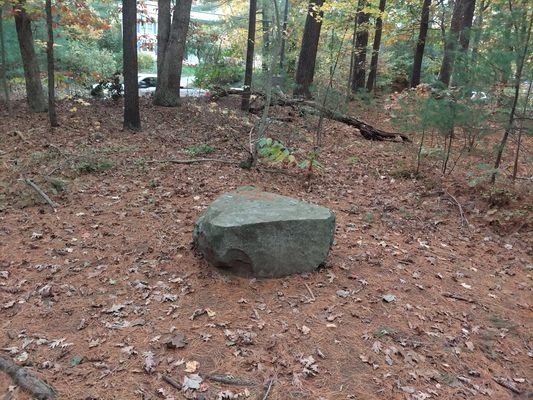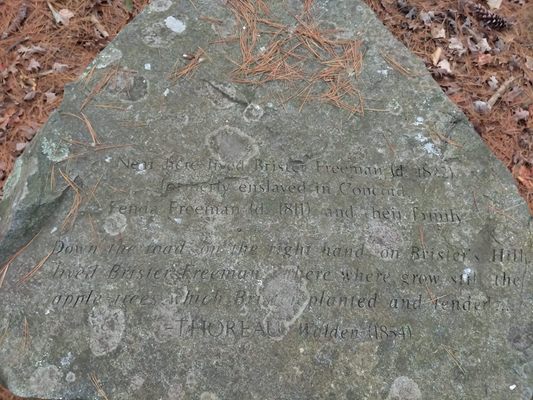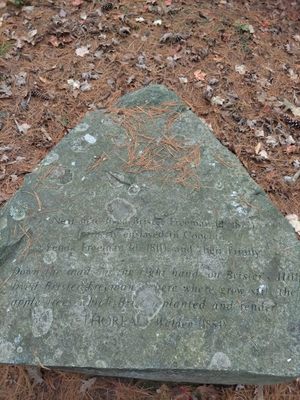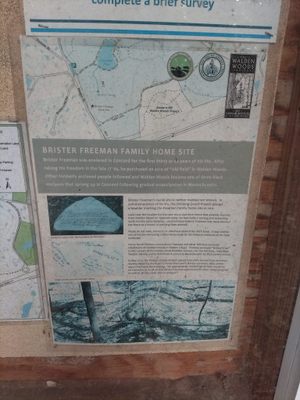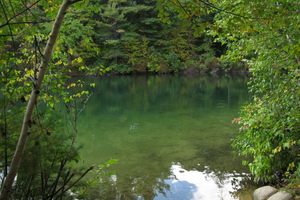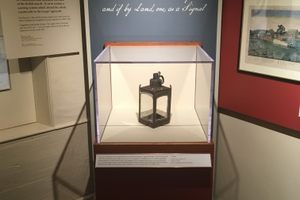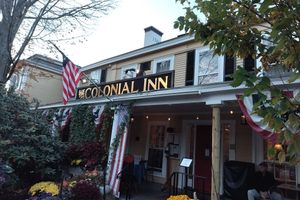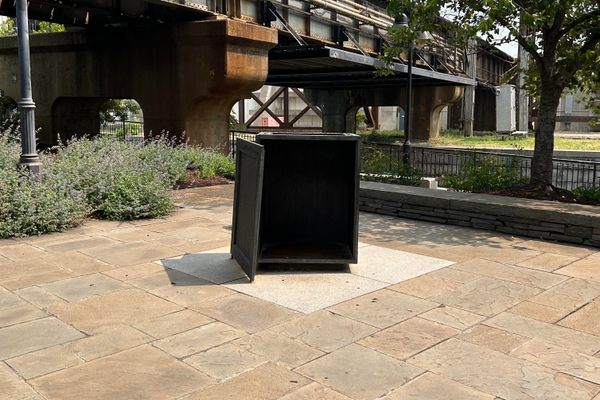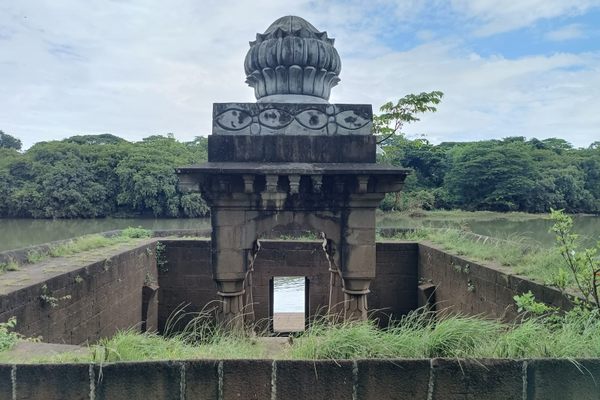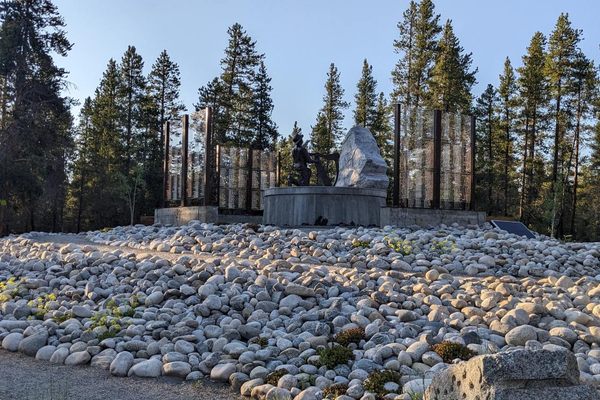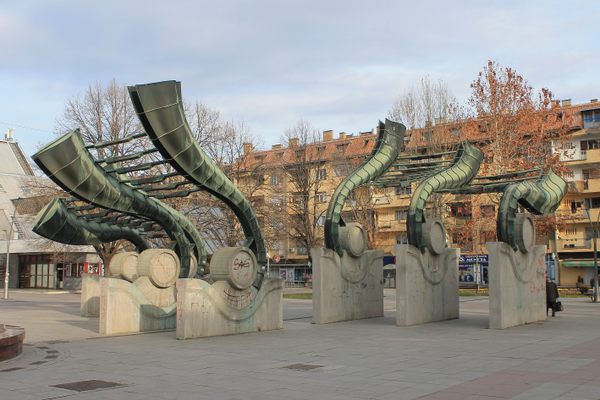About
Not far from Walden Pond, where Henry David Thoreau lived for two years in a cabin he built along its shore, sits a solitary stone that tells a story about another man. It's a story that many have never heard, even though Thoreau himself wrote about it, though briefly. The stone commemorates the life of Brister Freeman.
Brister Freeman was born Brister Cuming in Concord around 1744 and spent roughly the first 25 to 30 years of his life as an enslaved man to Dr. John Cuming. In 1777, he served alongside his master for five weeks in Saratoga, New York, during the American Revolution. In 1779, he re-enlisted on his own accord and changed his surname from Cuming to Freeman. After the war, Freeman was given his freedom and purchased an acre of land within the area that is today Walden Woods. He was the second person of African descent to own land in Concord after Caesar Robbins, another Revolutionary War veteran.
Though Freeman owned the property legally, many were not pleased with having a free Black man within their community. Freeman worked as a day laborer and lived in the woods with his wife Fenda and their three children. He and his family endured horrific harassment: the home of Freeman's sister, Zilaph White, was burned down by arsonists; Freeman was locked inside a slaughterhouse with an angry bull, but made it out alive.
The Walden Woods attracted other free Blacks, who soon formed a small, self-sufficient community. But town officials were still eager to find some way to get rid of Freeman and his family. When they learned he had not paid his poll tax, accumulating a debt of seven pounds and 19 shillings, Freeman was stripped of his property rights. But he and his family continued to live there, adamant it was their rightful home. As a result, the townspeople renamed the area from Stratton's Hill to Brister's Hill. Freeman died in 1822 and surviving members of his family along with other members of Walden's free Black community eventually all moved out of the Concord area.
Henry David Thoreau was inspired by the story of Brister Freeman. More than 30 years after Freeman's death, Thoreau wrote about him in his 1854 book Walden, "Down the road, on the right hand, on Brister's Hill, lived Brister Freeman... there where grow still the apple trees which Brister planted and tended."
Brister Freeman's name was unknown to many until 2011, when the Robbins House began researching his story. A stone marker indicating the location of his family's home was installed in 2013. Today the stone rests with Thoreau's words etched into the rock to ensure that the sacrifice, endurance, resilience, and perseverance of Brister Freeman and his family would not be forgotten.
Related Tags
Know Before You Go
To find the marker, you can park near the entrance of the Hapgood Wright Town Forest and walk back on Walden Street towards the entrance of the Harry Beyer Assessed Trail. There will be a small path on the left which leads to the stone.
Community Contributors
Added By
Published
February 22, 2024
Sources
- https://www.washingtonpost.com/history/2021/11/28/thoreau-walden-brister-freeman-slavery/
- http://robbinshouse.org.dream.website/projects/brister-freeman-family-home-site/
- https://www.walden.org/work/brister-freeman-1744-1822/
- https://www.nrdc.org/stories/black-walden-came-first-thoreau-after
- https://freedomsway.org/story/brister-freeman/
